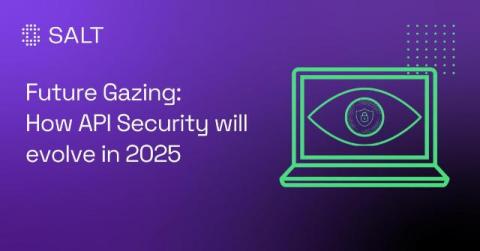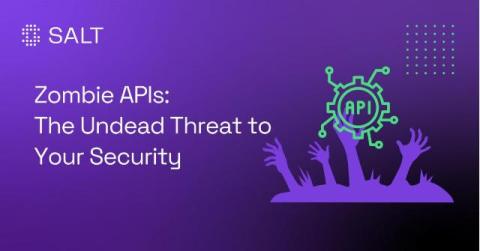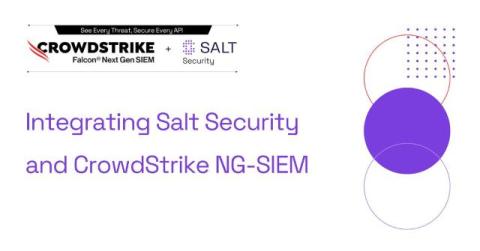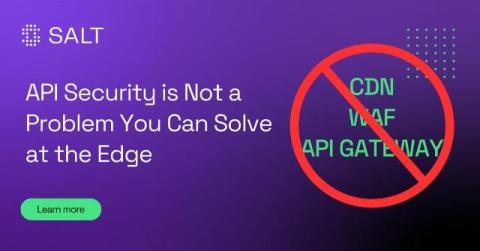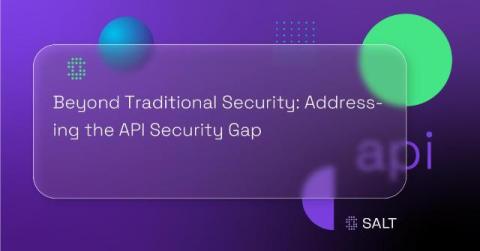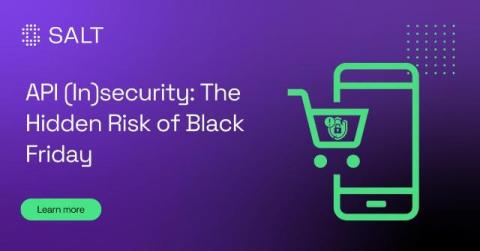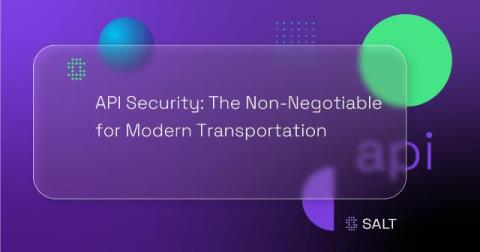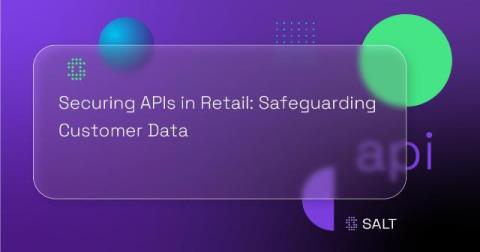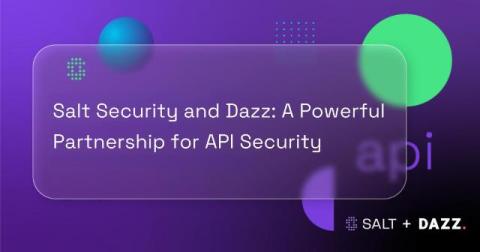Open Redirect? Game Over! Salt Security Neutralizes a Sneaky API Attack Vector
We are excited to announce a significant Salt Security API Protection Platform upgrade. We have recently introduced a new detection feature targeting a prevalent yet often neglected vulnerability: open redirect attacks. This issue is so severe that it is highlighted in the OWASP Top 10 API Security Risks!



